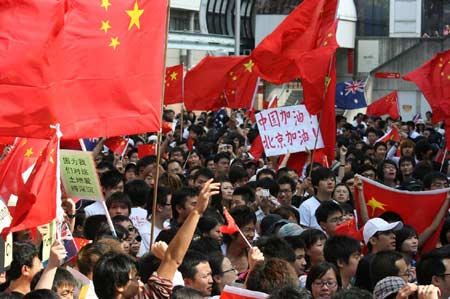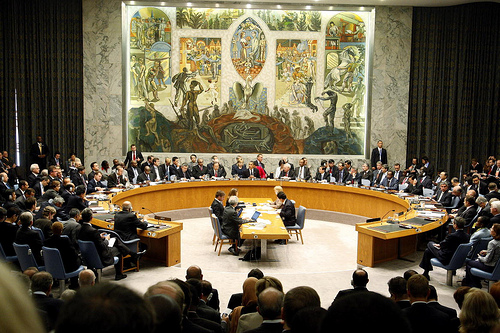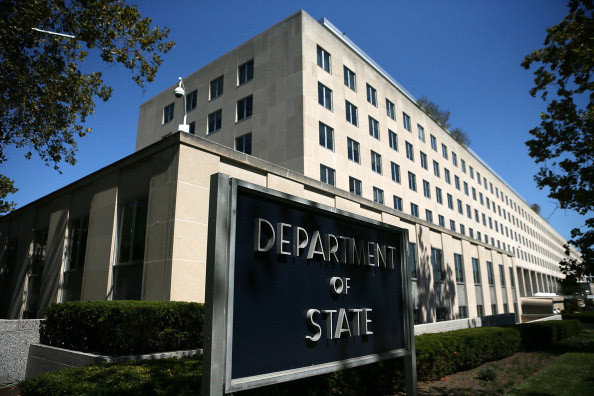Since 1978, the Chinese Communist government’s substantial economic reforms have been accompanied by a series of calculated changes to the political and social fabric of China. These calculations include a limited space for the activities of Civil Society Organizations (CSOs). Chinese and Foreign CSOs in China currently face many barriers for development.
CSOs represent the working groups of citizens who demand change within society based on different cultural and societal views. Many of these demands include the needs to tackle: “social inequality, the growing gap between the rich and poor, corruption among public officials, social instability, high crime rates, environmental degradation, and ignorance of citizens’ human rights.”
Over the years, the development of CSOs has suffered from a number of bureaucratic and political issues, which dissuades them from registering as legitimate organizations. Until April 2014, both local and foreign CSOs were required to find a Chinese sponsor. This requirement is now only necessary for foreign CSOs. This has proven difficult in the past, since potential sponsors have to be a government ministry whose interests are in line with the CSO.
The Chinese government is tolerant of organizations with a mission to help the less fortunate. Organizations that promote human, religious, ethnic or labour rights are less tolerated. Other CSOs exist, but they cannot operate in the open because of the policies that limit or discourage these organizations.
CSO survival requires connections to the state administration and media. In doing so, CSOs must strike a fine balance between encouraging change within society without engaging in political opposition. This leads to a hierarchy of CSOs with some favoured over others.

The rise of CSOs in China is linked to the relaxation of the registration process. Some 500,000 CSOs “have registered in the past 25 years, a figure that some think will double over the next couple of years,” as the rules continue to relax.” However, due to the bureaucratic and political issues described above, it is estimated that there are an additional 1.5 million unregistered CSOs.
In an ideal situation, there are a number of changes that could be made to the CSO process that would benefit the government and the Chinese people in the future. These measures include relaxing the bureaucracy behind the process, investing in tools to improve the capacity of CSOs and developing indicators of success both short and long term to measure progress. Developing indicators of success will show what is working and what is not. This will save money for society and for the government. Most of all, these changes would allow for the thousands of hidden unregistered CSOs and the registered CSOs to work more cohesively.
The environment for CSOs is currently in a hybrid state of transformation whereby the state allows space for growth, but it is very limited. CSOs are prevalent and want to make change in society; however, the politics behind it make it very difficult for many of them to operate.





